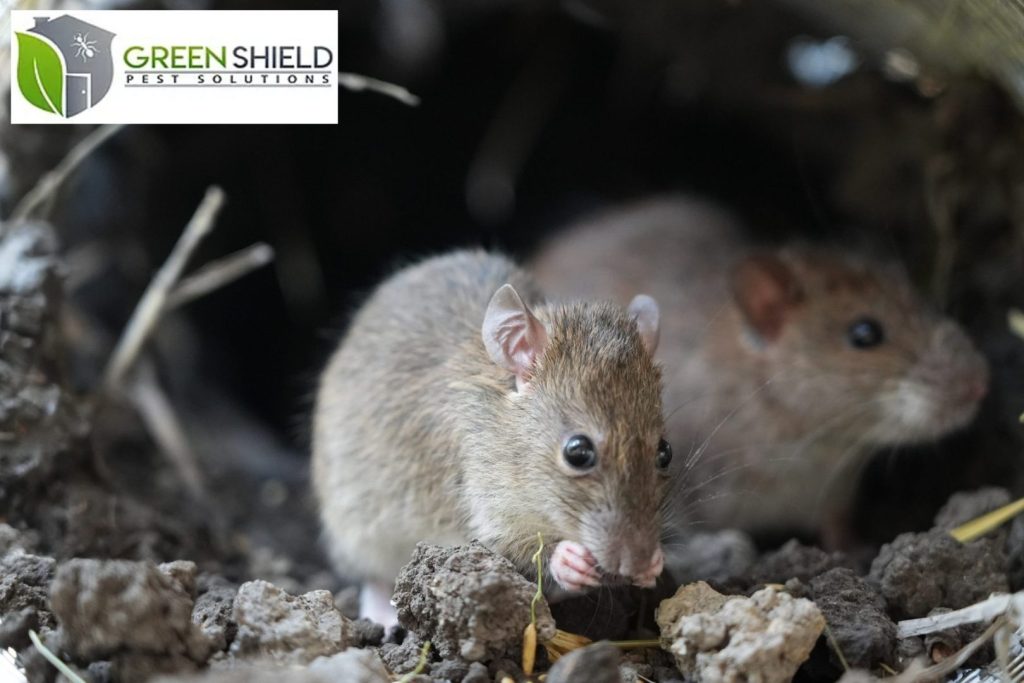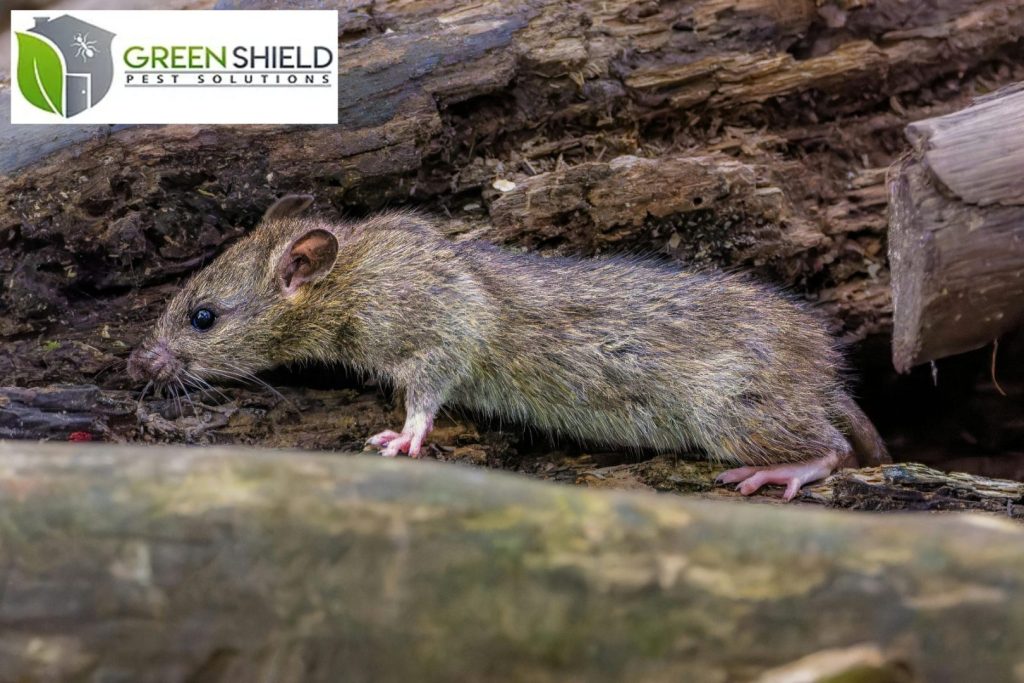Realizing that rodents might be hiding within your walls without your awareness can be quite unsettling. Mice and rats are nocturnal pests, often remaining undetected until they create serious damage or pose health risks. Knowing how they enter, recognizing the signs of an infestation, and finding effective ways to eliminate them is essential for keeping your home safe. If you’re dealing with a rodent problem, searching for a rats exterminator near me can help you find professional solutions to remove them quickly and prevent future infestations.
How Do Mice and Rats Get Into Your Walls?
Rodents are highly adaptable and can squeeze through surprisingly small openings. Here are some of the most common ways they invade homes:
1. Small Cracks and Gaps
Mice can fit through holes as small as a dime, while rats need only a quarter-sized opening. They often enter through cracks in foundations, gaps around windows and doors, or holes in walls.
2. Utility Line Openings
Spaces around utility pipes, vents, and cables provide easy entry points for rodents. If these openings are not properly sealed, mice and rats can slip inside and take up residence within your walls.
3. Roof and Attic Access
Rodents are excellent climbers and may enter through gaps in the roof, chimneys, or attic vents. Once inside, they can move freely through wall voids and insulation.
Signs That Rodents Are Hiding in Your Walls
Because rodents are adept at staying hidden, they can live within walls for extended periods without detection. However, there are some telltale signs of their presence:
1. Scratching or Scurrying Sounds
Rodents are most active at night. If you hear scratching, scurrying, or squeaking sounds coming from inside your walls, you may have a rodent problem.
2. Droppings and Urine Odor
Mice and rats leave behind small, dark droppings along their travel routes. A persistent musky odor from rodent urine is another strong indicator of their presence.
3. Gnaw Marks and Damaged Materials
Rodents have strong teeth that continuously grow, prompting them to gnaw on wood, wires, insulation, and even drywall. Finding chewed-up materials or damaged wiring can signal an infestation.
4. Grease Marks and Footprints
As rodents travel along walls, they leave greasy smudges or footprints, especially in dusty or undisturbed areas.
Dangers of a Rodent Infestation
Having mice or rats in your walls isn’t just a nuisance, it poses serious risks:
1. Health Risks
Rodents can carry diseases such as hantavirus, leptospirosis, and salmonella, which can be transmitted through their droppings, urine, and saliva. They also bring fleas, ticks, and mites into homes.
2. Fire Hazards
Rodents chew on electrical wires, which can lead to short circuits and fire hazards. Damaged wiring inside walls is a common consequence of infestations.
3. Structural Damage
From chewing on insulation and wooden beams to burrowing through drywall, rodents can weaken the structural integrity of a home over time.

How to Prevent Mice and Rats from Entering Your Home
To keep rodents out of your home, follow these preventive measures:
1. Seal Entry Points
Inspect your home’s exterior for cracks, holes, and gaps. Use steel wool, caulk, or metal sheeting to seal openings that rodents could use to enter.
2. Keep Food Secure
Store food in airtight containers, keep kitchen areas clean, and dispose of trash regularly to remove potential food sources.
3. Eliminate Nesting Areas
Declutter storage areas, remove unused boxes, and keep your attic and basement organized to prevent rodents from finding shelter.
4. Trim Vegetation
Keep tree branches, shrubs, and vines trimmed away from your home’s exterior to prevent easy access to your roof or attic.
How to Get Rid of Rodents in Your Walls
If you suspect an infestation, consider these steps:
1. Use Traps
Snap traps, live traps, and bait stations can help reduce rodent populations. Place traps along walls and near suspected entry points.
2. Try Natural Deterrents
Rodents are deterred by strong odors such as peppermint oil and ammonia. Placing cotton balls soaked in these substances near potential entry points can help keep them away. For a more effective solution, consider professional rats exterminator services to ensure complete rodent removal.
3. Call a Professional Pest Control Service
Rodents are skilled at hiding and reproducing quickly. Professional rats exterminator control services can provide targeted solutions to eliminate the infestation and prevent future occurrences.
Professional Rodent Control in Southern Maine
If you’re dealing with a rodent problem, Green Shield Pest Solutions can help. Our expert technicians provide comprehensive pest control services, including rodent inspections, removal, and prevention. We use effective and safe methods to protect your home from unwanted pests. Serving Southern Maine, Green Shield Pest Solutions is committed to keeping your property rodent-free. Visit our website to learn more or schedule an inspection today. For trusted local protection, rely on our expert pest control Augusta Maine services to keep your home safe year-round.

